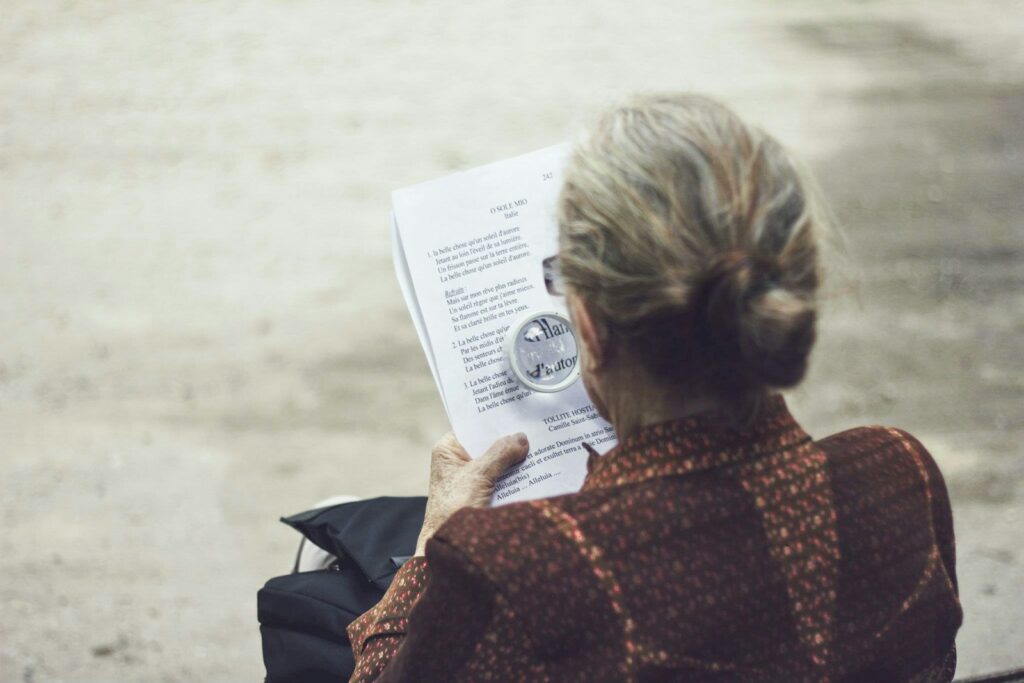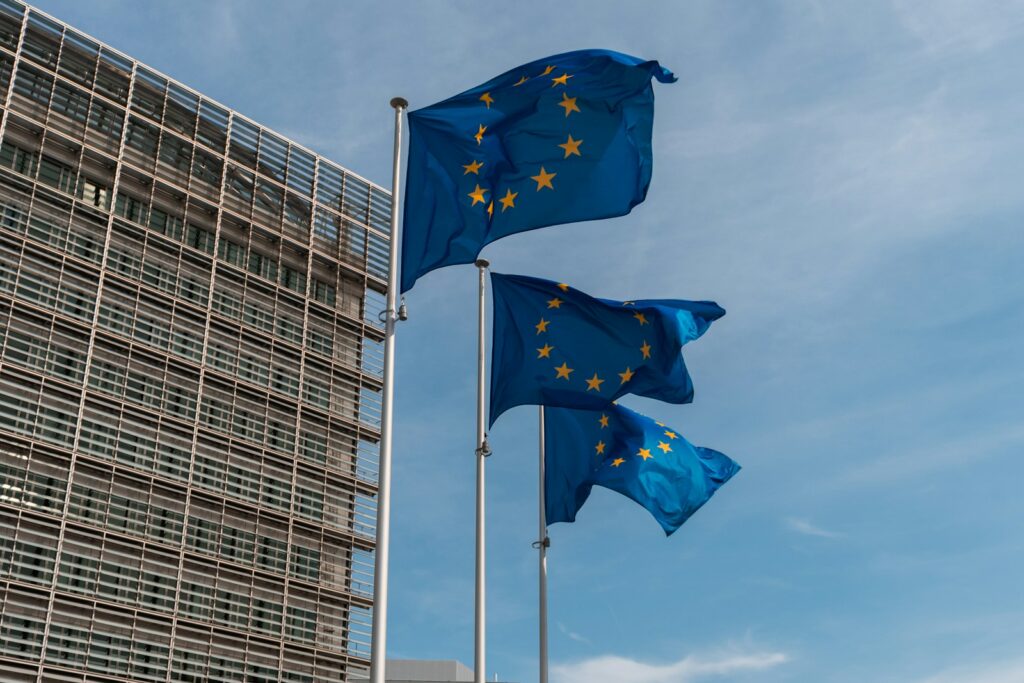
Danube Ports: Backup Infrastructure or Backbone of European Logistics Future?
In 2022–2023, when Russian aggression blocked most of Ukraine’s Black Sea ports, the small river ports of Izmail, Reni, and Ust-Dunaisk quietly became lifelines. Grain, metals, oil products — all rerouted through the Danube. Cargo volumes multiplied sixfold. But in 2024, things changed.With the reopening of the Black Sea corridor, cargo naturally shifted back.











